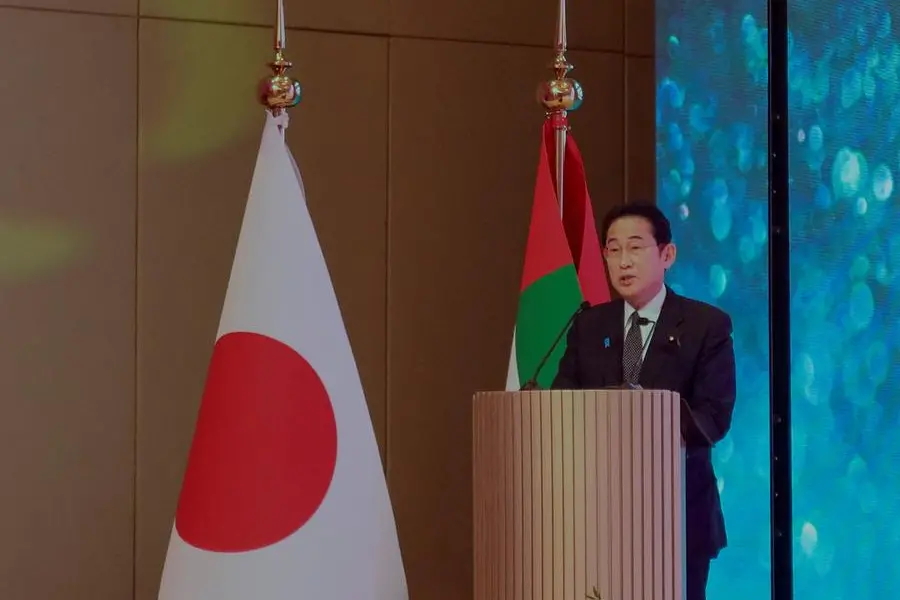PHOTO
Japan will extend a gasoline fuel subsidy until the end of the year, Prime Minister Fumio Kishida said on Friday, and will temporarily reintroduce relief on utility bills over the summer, as the unpopular premier seeks to support households.
The gasoline subsidy has been available to fuel wholesalers since January 2022 and was introduced to lower retail prices at gas stations nationwide. It has been extended seven times, previously to the end of June, despite some criticism of its impact on public finances.
The relief on household utility bills had been in place until last month. Kishida said the government decided to resume it for three months from August "to counter the extreme summer heat" but as the measures go against decarbonisation they "shouldn't be carried on endlessly".
The fuel subsidy and relief on electricity and gas bills would reduce the consumer inflation rate by more than 0.5 percentage point a month on average, he said.
Kishida said the government would also consider additional cash handouts to pensioners and low income households, without clarifying how it would finance them.
On macroeconomic policy, Kishida said the government has a goal of achieving a 1,000 trillion yen ($6.29 trillion) nominal gross domestic product by around 2040. Nominal GDP totalled 592 trillion yen in 2023.
Kishida said Japan needs to improve productivity and expand the participation of women and elderly people in the workforce in order to achieve more than 1% real economic growth a year in the 2030s because an accelerated decline in the country's population risks curbing growth. ($1 = 158.8900 yen) (Reporting by Kaori Kaneko and Kantaro Komiya; Additional reporting by Leika Kihara and Sakura Murakami; Editing by Sonali Paul, Kim Coghill and Susan Fenton)





















